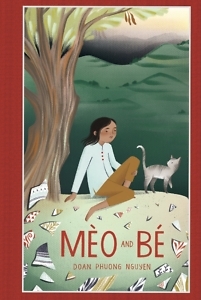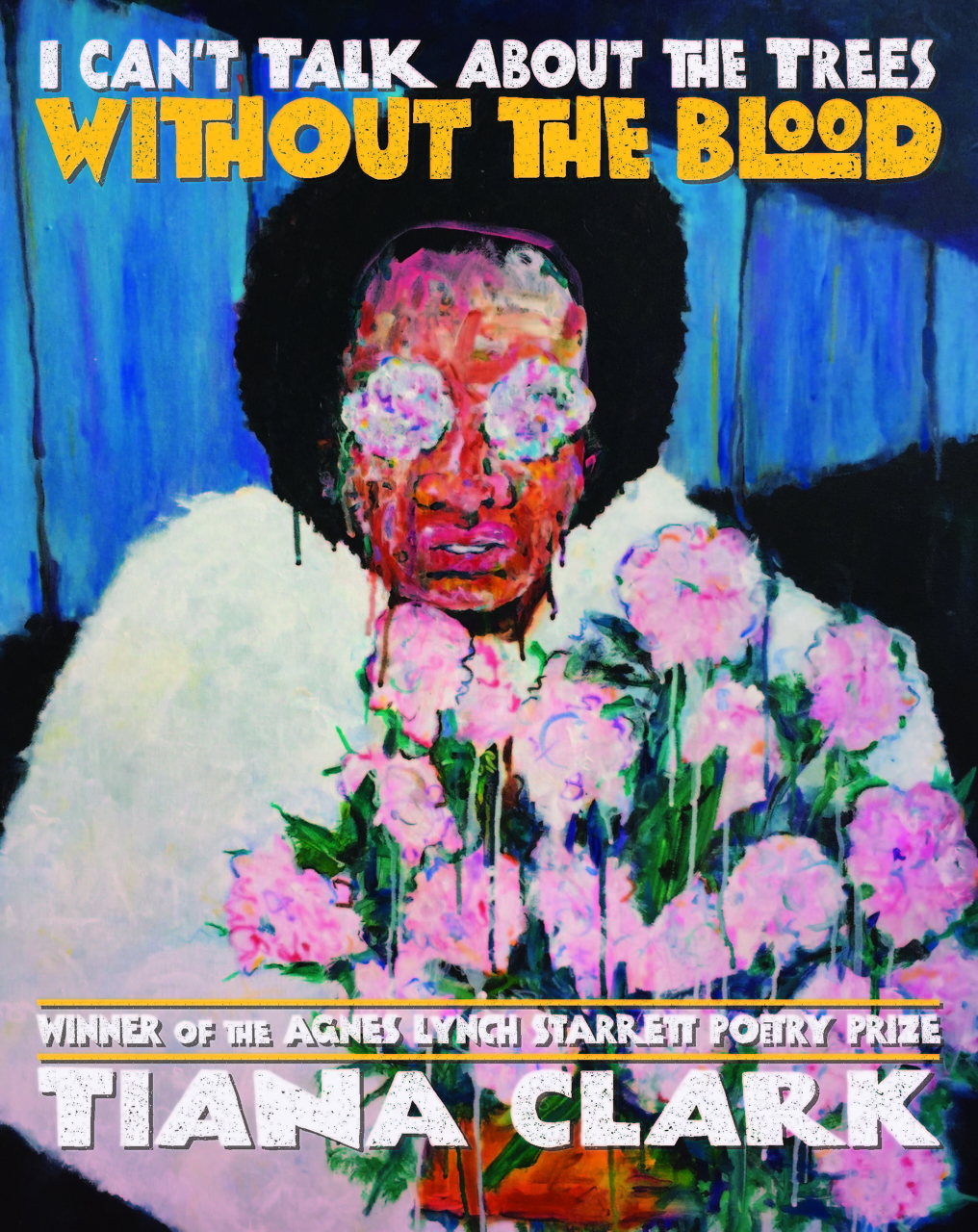No Fairy Godmother Here
A girl and her cat help each other survive brutality and war
It has been said that if an author wants to create interest in a character, send them up a tree. If that isn’t enough, throw stones at them. Bé, 9 years old at the 1962 opening of Doan Phuong Nguyen’s Mèo and Bé, is subject to a nonstop barrage of metaphorical stones.
 Bé, whose original name is Thương, lives with her mother in a South Vietnamese village. Her main concerns are missing her father between his monthly visits from his farm “farther north” and the fact that her mother won’t let her have one of their neighbor’s kittens. While she’s aware that war is growing “closer, like an ominous cloud gathering before a storm,” it still seems far away. The South Vietnamese soldiers who keep watch over the village are familiar and nonthreatening. Anyway, everyone thinks that the lowlands, where they live, aren’t of interest to the Việt Cộng soldiers in the mountains.
Bé, whose original name is Thương, lives with her mother in a South Vietnamese village. Her main concerns are missing her father between his monthly visits from his farm “farther north” and the fact that her mother won’t let her have one of their neighbor’s kittens. While she’s aware that war is growing “closer, like an ominous cloud gathering before a storm,” it still seems far away. The South Vietnamese soldiers who keep watch over the village are familiar and nonthreatening. Anyway, everyone thinks that the lowlands, where they live, aren’t of interest to the Việt Cộng soldiers in the mountains.
Thương’s peaceful life is shattered when her parents reveal that her father has another wife and five sons who live at the farm he disappears to between visits. He insists that Thương and her mother move there with him, saying that it’s safer than the village. Reluctantly, Thương’s mother agrees, and soon they find themselves under the thumb of Thương’s father’s angry, volatile first wife. The jealous woman refuses to call Thương by her real name, since it means “love,” so instead insists she goes by the name “Bé,” or “little,” as she is the youngest of the siblings.
Despite the friendliness of Xuân, the brother closest to her in age, and some timid support from her father, Bé’s life becomes intolerable after her grandmother dies and her mother goes to the city to look for work so the two of them can move out. Then Bé’s father suffers a stroke and loses the ability to provide even the little help he had mustered. Emotionally and physically abusive, her stepmother forces Bé to do heavy work with little food and no affection. Xuân, afraid of his mother’s fiery temper, now keeps his distance. Bé’s only companion is a three-legged kitten. She sews a pocket into her shirt for the kitten, whom she names Mèo. In response to the trauma, Bé loses the ability to speak.
 But worse than this Cinderella-like existence is to come. Two years after her arrival at the farm, Bé’s stepmother accuses her of thieving and sells her to a human trafficker. She is snatched from the farm and crammed with other girls and women into an underground bunker. Bé is unaware of why some of her companions are led out of the bunker every evening and return the next morning; all she knows is that something bad happens to them while they’re gone. The grown women, especially the gentle Cô Lan, shield Bé and another girl, Ngân, from whatever it is that happens aboveground.
But worse than this Cinderella-like existence is to come. Two years after her arrival at the farm, Bé’s stepmother accuses her of thieving and sells her to a human trafficker. She is snatched from the farm and crammed with other girls and women into an underground bunker. Bé is unaware of why some of her companions are led out of the bunker every evening and return the next morning; all she knows is that something bad happens to them while they’re gone. The grown women, especially the gentle Cô Lan, shield Bé and another girl, Ngân, from whatever it is that happens aboveground.
Mèo was in the pocket in Bè’s shirt when she was kidnapped, and the cat quickly becomes a favorite with the prisoners.
During the chaos of an attack and evacuation, Bé manages to escape along with Ngân and, of course, Mèo. They endure months in an orphanage and after they escape from it, for a time they survive by begging on the streets. With Mèo’s help, the girls and the cat find a home with Cô Lan, where Bé regains the ability to speak.
No longer Thương, no longer Bé, now she has a new name: Hiệu, meaning “honor and faithfulness to your family.” Bé/Hiệu clearly owes her fidelity to her chosen family of Cô Lan, Ngân, and Mèo. Her mother, she learns, was killed by a mine before she could save enough money to rescue Bé from her hellish life on the farm. Her father lacked the courage to stand up to his first wife, even when Bé was being tortured physically and emotionally. He visited her once in the orphanage along with Xuân, but he made no attempt to remove her. He died shortly after the visit.
Bé’s voice is authentic to her age (9 to 11) in the story, which helps to fill a gap in representation of this era in history. The publisher’s suggested reader age is 10 to 14, and readers at the upper end of that range might find it feels too young for them. Sensitive readers of any age might find Mèo and Bé disturbing. Still, many will be drawn to the story of a Cinderella who manages to escape her wretched situation through her own action, helped by supportive friends and an intelligent cat, but without the aid of a fairy godmother.
A helpful pronunciation guide, list of names, and glossary are provided.

Tracy Barrett is a writer who lives in Nashville. Her most recent book, Freefall Summer, was published by Charlesbridge Teen.


